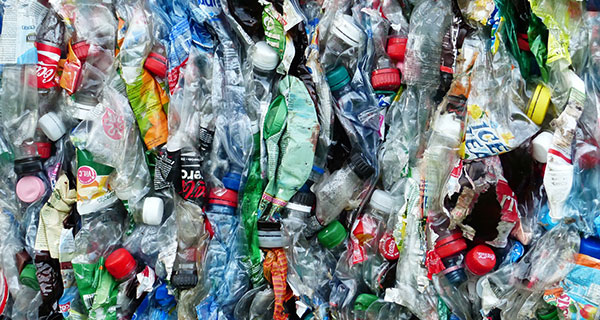By Sylvain Charlebois,
Tony Walker,
Eamonn McGuinty
and Janet Music
Dalhousie University
We’re seeing some movement with Canadian grocers on the food packaging front.
Over a month ago, Metro opted to allow consumers to come to stores with their own containers to shop for food. Metro was first but it’s not a national player, operating in Quebec and Ontario only.
Now Loblaws has announced it’s partnering with TerraCycle, an American-based company specializing in consignment packaging, for a one-year pilot project in the Toronto area. It’s good timing, considering the mounting pressures the food industry is under.
For months, rumours have swirled about the entry of the Loop system into the Canadian market. Most observers knew it was just a matter of time. The Loop is the TerraCycle-led program that allows consumers to buy food in reusable containers.
In Canada, only Loblaws really has the sales volume to support the logistics required to run this circular economy initiative. Loblaws is Canada’s number one grocer, with annual sales exceeding $47 billion.
Starting in 2020, the containers will be available only to customers purchasing online and they will be picked up again by Loblaws. No information is available yet about fees for consumers, but the Loop typically requires an initial deposit in markets in the U.S.
It will be interesting to see whether consumers embrace the program at Loblaws.
A recent study released by Dalhousie University suggested that while 93.1 per cent of Canadians want the problem with plastic packaging to be resolved, only 23.2 per cent of them would accept paying a fee to a food company for reusable packaging. Furthermore, most Canadians wouldn’t accept their food bill going up while still seeing more plastic packaging in food stores.
These statistics are far from convincing that a packaging evolution is at hand.
That’s likely why Loblaws opted to run a pilot with TerraCycle instead of committing to a full-blown, nationwide initiative.
Loblaws is clearly challenging Canadians to become better environmental stewards and to become investing partners in any initiative.
Everyone – industry, governments and consumers – want the food industry to use less plastic. But cost is at the core of the issue.
Charging more for an eco-friendly food retailing program remains a non-starter for most Canadians. Consumers aren’t willing to pay more to address our addiction to plastics, regardless of environmental concerns.
But the plastics legacy in food goes beyond the discussion about pollution that we’ve all seen in the media. As cheap material, plastics have kept food affordable and safe, and reduced the amount of food waste we generate.
As much as plastics have become a despicable monster to our society and as much as our current course is unsustainable, eliminating plastics in the food industry is no easy task.
Our lifestyle and our food safety expectations will only force the food industry to use more plastics if current practices aren’t altered.
Single servings of ready-to-eat, portable portions are more popular than ever. More people live alone or eat on the go. These servings require more packaging – more plastics.
As well, new food safety rules are being implemented for better traceability. Those rules put more pressure on the food industry to use more packaging. Most of our food safety regulations aren’t really aligned with the industry’s environmental obligations.
But based on the Dalhousie report, it appears that consumers see the environment as a more important factor than food safety.
In the face of all this, Metro and Loblaws are showing leadership.
Metro is going out on a limb, from a food safety perspective, to protect the environment. Allowing customers to bring in their own ‘clean’ containers raises significant food safety concerns. Even if containers are indeed clean, the naked eye can’t see pathogens like salmonella, E. coli or, even worse, allergens.
But Metro now has a moral contract with its patrons.
Loblaws is pursuing a solution more focused on the supply chain. That will likely require consumers to pay more, one way or another.
And Sobeys will come up with something soon, no doubt.
But ultimately, Canadians must respond to grocers’ invitations to save the planet, because the grocers can’t do it on their own. Our journey to a food world with less plastics won’t be easy. It will require consumers, not just the industry, to act.
Expect more initiatives from industry in the months to come – they can’t afford to wait for governments to lead. As with many issues, industry is ahead of policy and the plastics dilemma we all face is no exception.
Dr. Sylvain Charlebois is senior director of the agri-food analytics lab and a professor in food distribution and policy at Dalhousie University. Tony Walker is an associate professor at the School for Resources and Environmental Studies at Dalhousie University. Eamonn McGuinty is a research associate at the School for Resources and Environmental Studies at Dalhousie University. Janet Music is a research associate at the School of Information Management at Dalhousie University.
The views, opinions and positions expressed by columnists and contributors are the author’s alone. They do not inherently or expressly reflect the views, opinions and/or positions of our publication.





